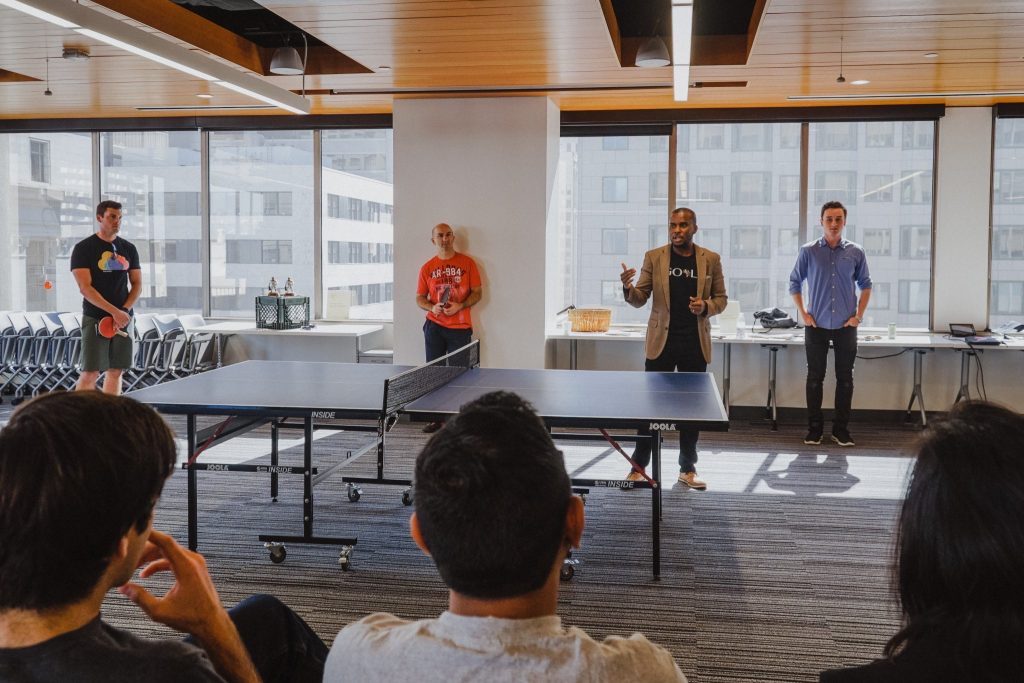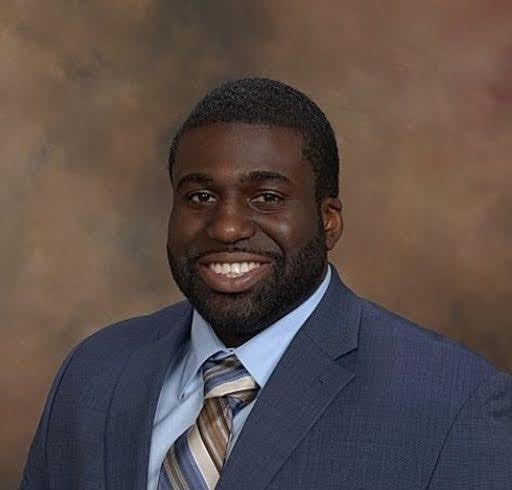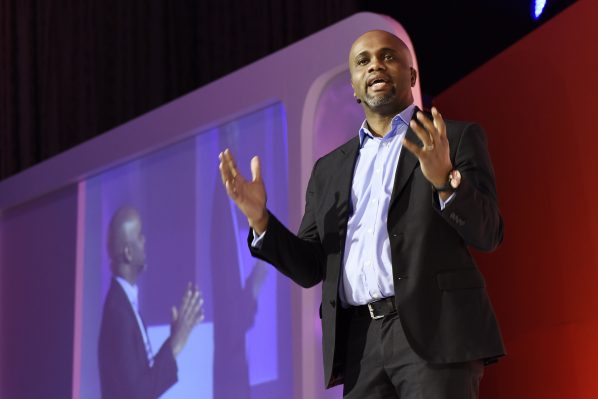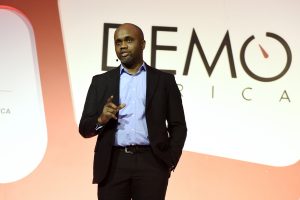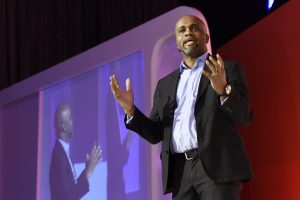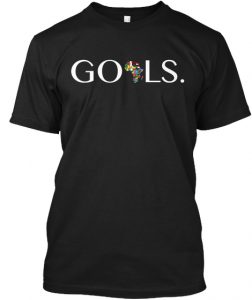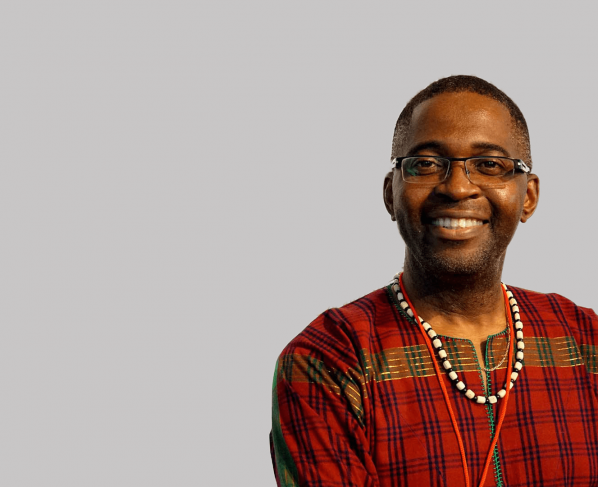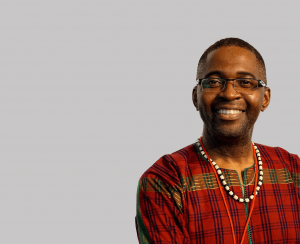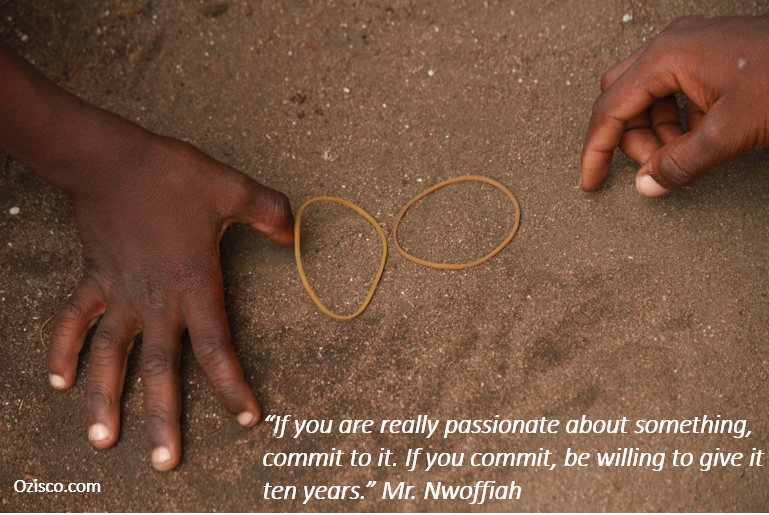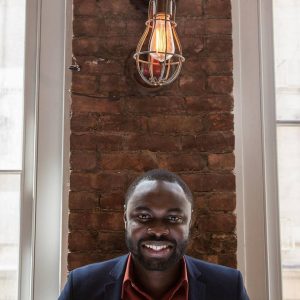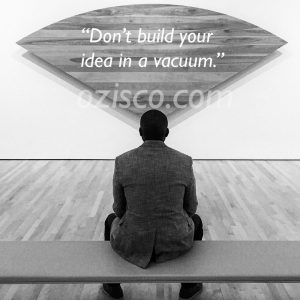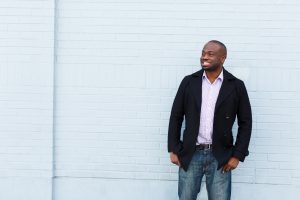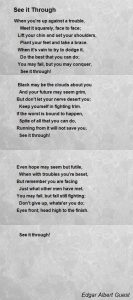A conversation with Tobi Smith, founder of AllIDoIsCook.
1. Briefly describe your background and how you got started.
I was born in Nigeria, attended secondary school in Akure, Ondo State, and got an accounting degree from Babcock University. While studying for my ICAN exams in Nigeria, I found comfort in cooking for my family and friends, started watching more food shows, and decided to take up a summer job in Texas working in two food companies – Panda Express and Dairy Queen. Those experiences made me decide to pursue a degree in Hospitality Management at the University of North Texas.
Three weeks into settling in Denton, I started craving Nigerian food, and I realized Walmart, Target, and Kroger did not have any items on their shelves that had African flavor in them. I tried the closest Nigerian restaurant to me, and after a 40-minute drive and bad customer service, it was one of the worst experiences I had with Nigerian food. I decided to start a blog to teach people how to make Nigerian food, and from this blog and my posts on Twitter, many people booked me to cater for their house parties. Word spread, and I got to be known as “the guy that posts nice food photos and recipes.”
My friends started asking me to cook them meals. It got to a point where a friend of mine took a flight from Oklahoma to pick up some food from me, and I knew we had to figure out a way to get food to people conveniently, which gave birth to AllIDoIsCook.
I started AllIDoIsCook with catering, and this morphed to include shipping these meals all over the USA. All of this was going on as I worked on my M.Sc. I took four classes, wrote research papers, worked with my major professor on his research, mentored students, cooked for multiple events on the weekends, and took time off school to ship boxes on Mondays. I could only ship on Mondays with the workload, which saved me from having to replace orders due to spoilage as delivery companies primarily work on business days. It has been fun seeing people adopting that model.
After my M.Sc, I worked at Winstar Resort and Casino in every department to understand the hospitality business on such a massive scale. I worked the front desk, pushed bell carts, did room service, worked as a barista, worked as a supervisor, pool boy. Whatever job you could think of in a Hospitality company, I did it.
After that experience, I decided to go back to school to do a Ph.D. in data science to understand how the hospitality industry could use data collected from customers to give a better experience. I loved being in school, researching, and teaching marketing, but I enjoyed cooking. I was determined to 100% drop everything, focus on working on AllIDoIsCook, and do it to the best of my abilities because I felt compelled to do African cuisine and do it right/better than what was available on the market.
At that point, I called my parents and told them I was dropping out of school to focus on the food business 100%. A huge worry for my parents was me being able to afford my bills, After hours of talking, showing them revenue projections, and the like, they agreed to support me, and I dived. That is one decision I am forever grateful I took.
Fast-forward to 2021, AllIDoIsCook is one of the most recognized brands exposing the world to African flavors by delivering gourmet food products to doorsteps and most recently getting in grocery aisles.
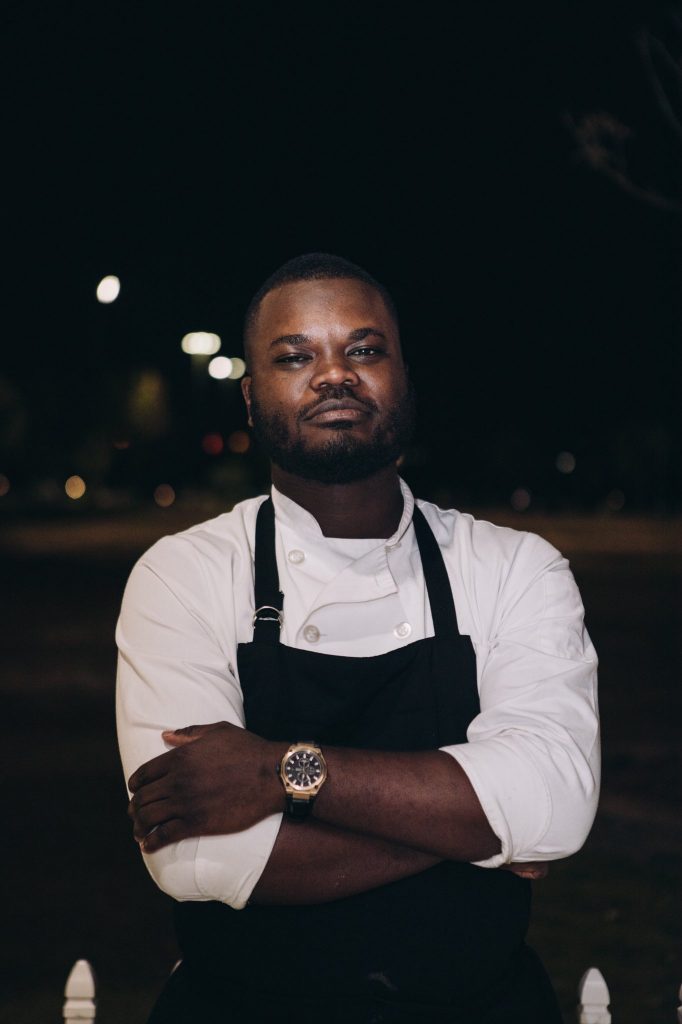
2. Flashback and then fast forward to the present; what has surprised you the most about your journey thus far?
Honestly – how big of a problem we are solving. When we started in 2016, it was just a food blog that stemmed from not finding Nigerian/African cuisine conveniently. I live in Texas, the one state in the USA with the most Nigerians (probably), and you mean I had to drive 40 minutes to get to a Nigerian restaurant, and no grocery store had Jollof rice at least?
Fast forward to 2021, with over 8000 boxes shipped and over 4000+ customers. It is sometimes mind-blowing to realize we have not even scratched the surface. When you look at it this way – there are over 700,000 Nigerian immigrants in the USA alone, and these are Nigerians that participated in the last census. Then we think about the Nigerian Americans, the Americans who are married to Nigerians, the Black American population who want to rediscover their roots and experience the cuisine of Africa, and the millions of individuals in other demographics that want to try African cuisine. There is also a substantial ever-growing Nigerian population in Canada and the United Kingdom! We have reached only 4,000 of these people just with word of mouth. Then you realize so many people have this problem, and we are glad that we have at least started somewhere with making sure anyone anywhere can get access to Nigerian cuisine.
3. Why is the cause you pursue or the problem you are solving the most important for this generation?
For us at AllIDoIsCook, there are many reasons. With the increased immigration of Africans to the West, the world becoming a global village, and people getting busier, there is the need to preserve and promote African cuisine so that future generations can have something to hold on to proudly. Educating the world about our heritage is necessary to be done that will have lasting effects on generations to come.
African cuisine is so broad and is one of the best globally, with so many techniques and flavors in its cooking process. The world knows about Jollof Rice, but many other unique, delicious, and hearty dishes exist. There is the need to let the world know, enjoy, and access these dishes, but how do we go about that if there isn’t any recognizable brand with a convenient and consistent product?
A good example I use is this: A Nigerian in the USA would need to spend 10-12 minutes explaining to another demographic what any other dish aside from Jollof Rice is.
We have lived both at home and abroad. Being outside of our home countries can get lonely, and one crucial aspect of African culture is the food. Having a meal that feels like home is honestly therapy sometimes, and we firmly believe we should do it properly.
4. Reflect on all of the necessary sacrifices and trade-offs you’ve had to make to get to where you are today. Which of these would you say was the most pivotal and why?
Man. I’d say every single one of these sacrifices was pivotal. I have learned that life is a collection of many events that shape you/prepare you for a series of events. No sacrifice is an island, literally. There are a few that I remember at the top of my mind.
Dropping out of my Ph.D. and hauling all my belongings to Houston was one of the most significant sacrifices. I was leaving an almost guaranteed path to becoming a tenure track faculty member for something with no salary in view. This sacrifice was pivotal because it was “all in, all chips on the table,” there was no safety net, which helped my cofounder and I focus squarely on getting AllIDoIsCook to where it is.
Another is making the sacrifice of reinvesting into the startup. With a bootstrapped business, We have had the opportunity to grow the company to a point where it is rapidly ready to scale with a fantastic track record.
5. What is the best piece of actionable advice you’ve received that continues to be a source of inspiration in good times and challenging times?
There are so many phrases I tell myself a lot. There are two that stand out – “keep going” and “be better every day.” These phrases just make sense when I hear them.
“Keep going and be better every day” – things are going to get super hard, discouraging, tiring, and you will feel like giving up A LOT. During that time, it is essential to take a break, rest, recenter and recover. It is crucial to be honest with oneself in entrepreneurship – during your break, evaluate everything at intervals. “Be better every day” – this is huge for me. Being better every day ensures that I set my goals, focus on them, learn from my mistakes, and learn more. This helps you grow as a person.




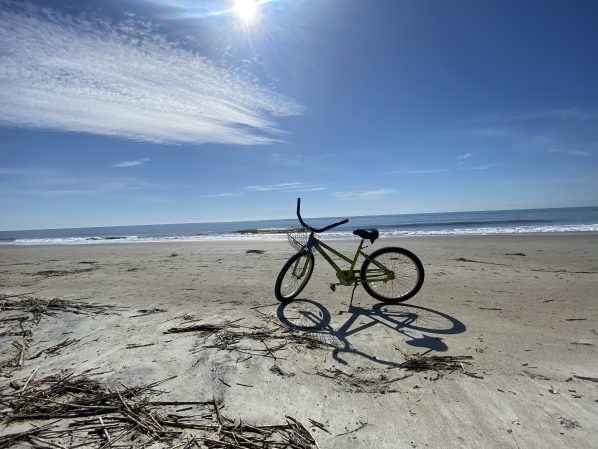
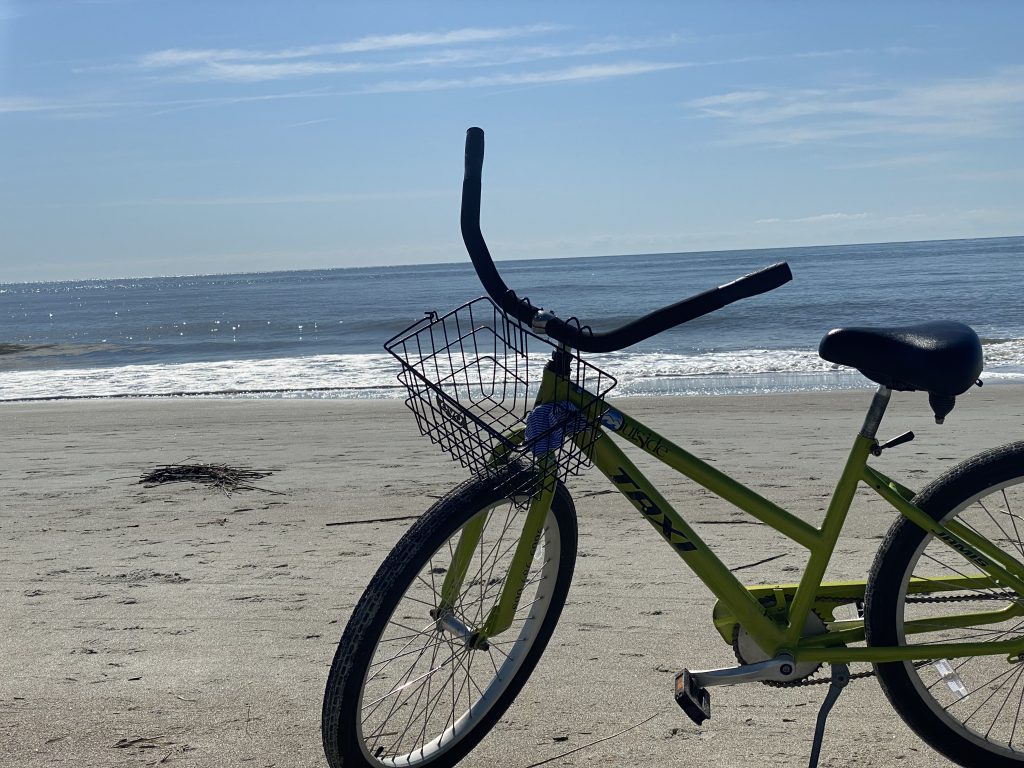



 taught me about selling
taught me about selling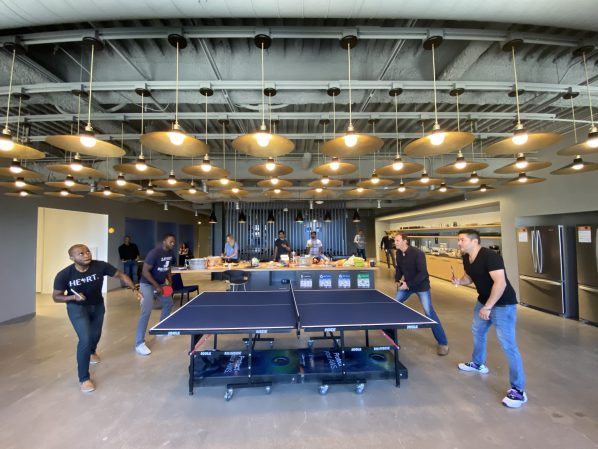
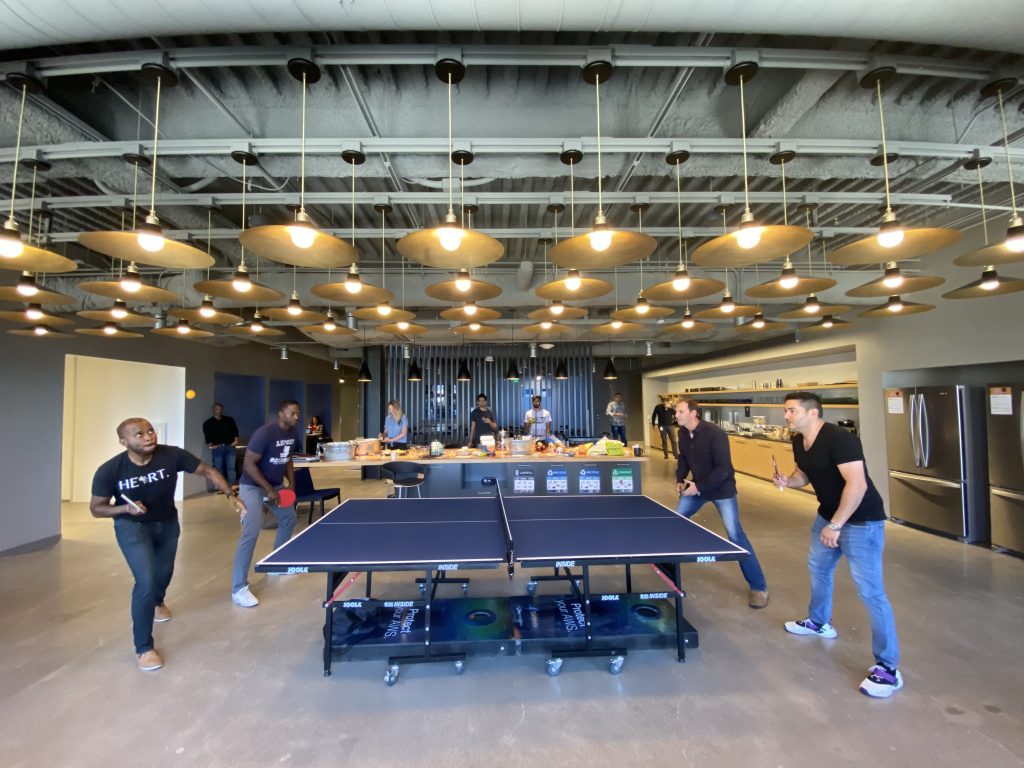
 ) the game established a foundation for a healthy relationship that continues to blossom. This executive has become a friend and continues to inspire me to improve my game in business and life. He even kindly donated to a table tennis charity tournament I helped organize to raise money for
) the game established a foundation for a healthy relationship that continues to blossom. This executive has become a friend and continues to inspire me to improve my game in business and life. He even kindly donated to a table tennis charity tournament I helped organize to raise money for 